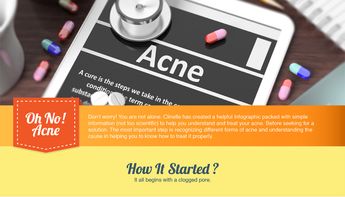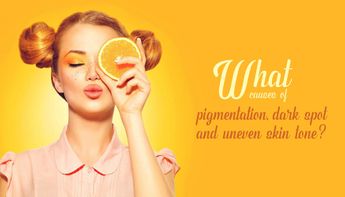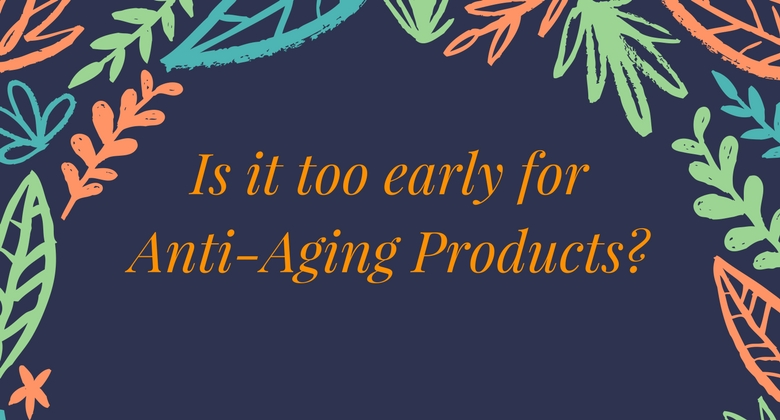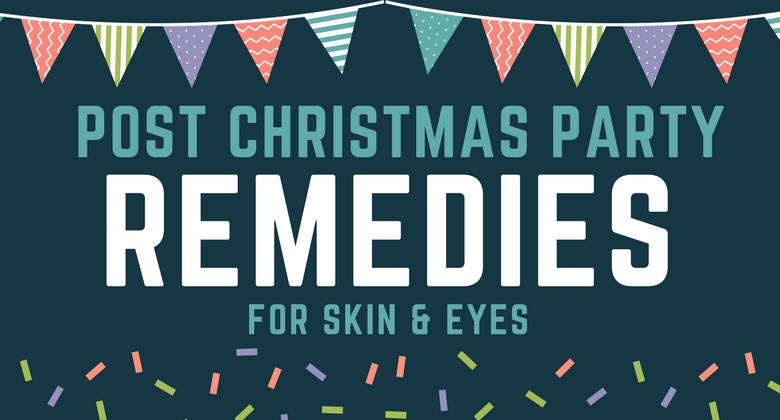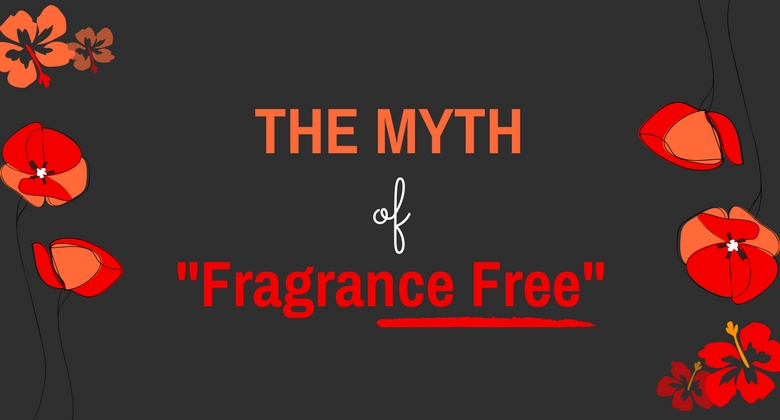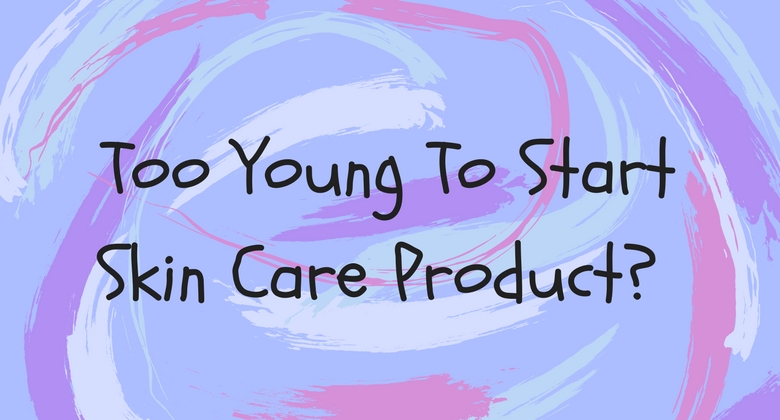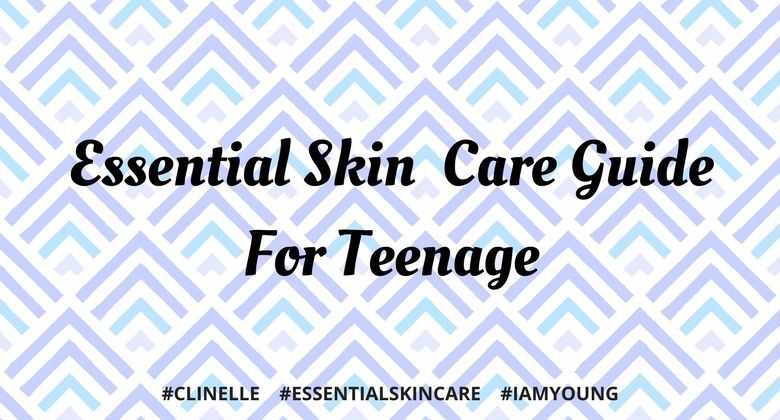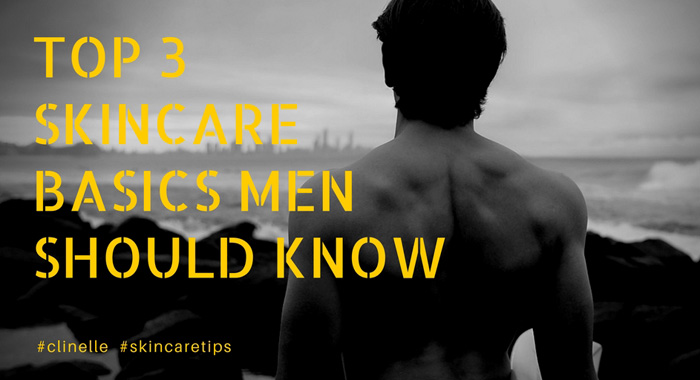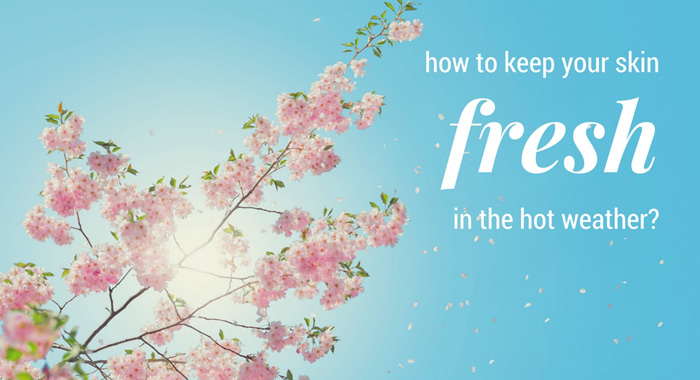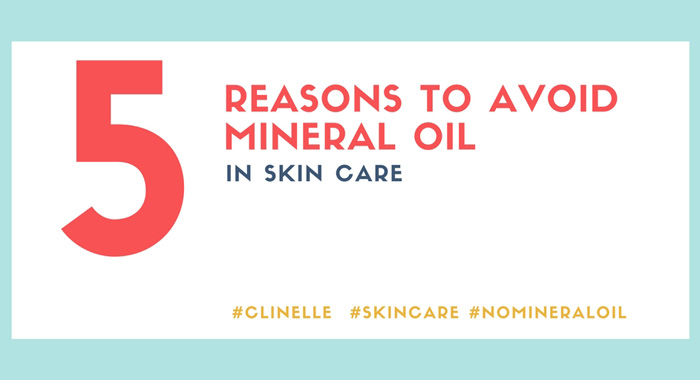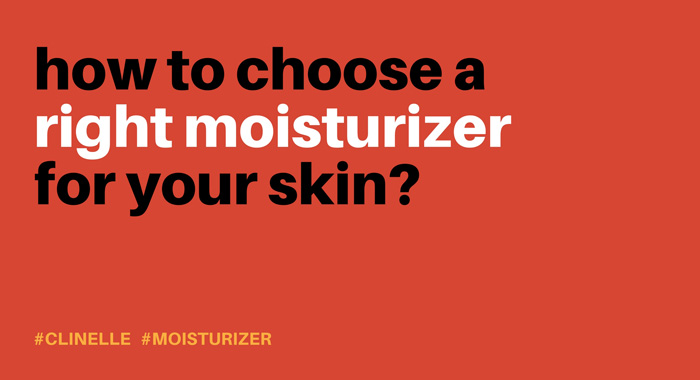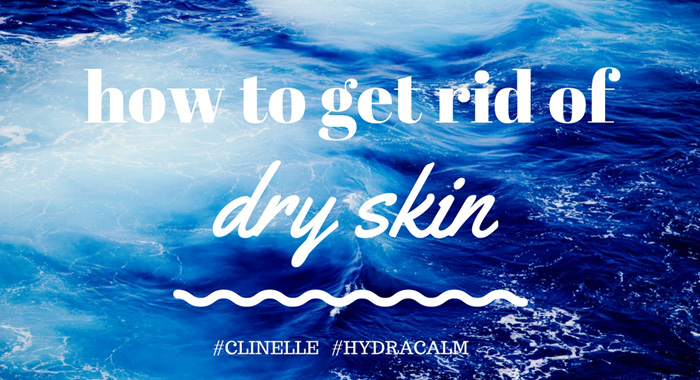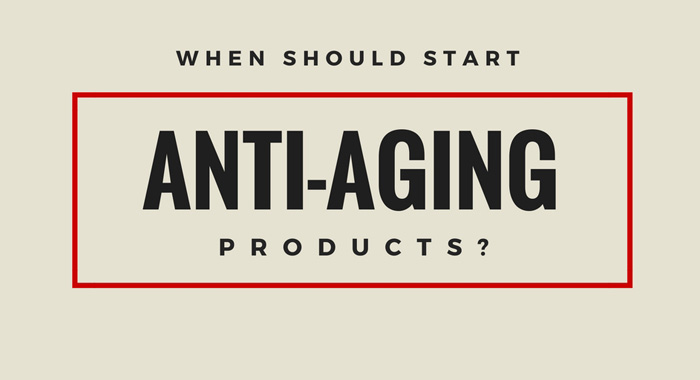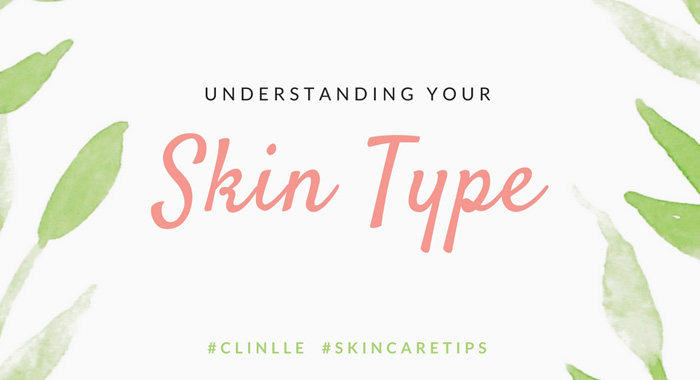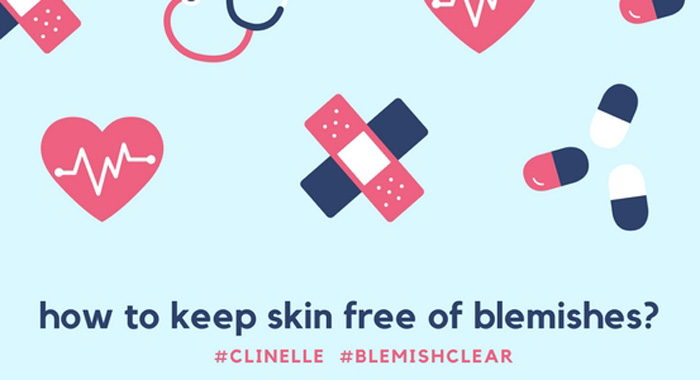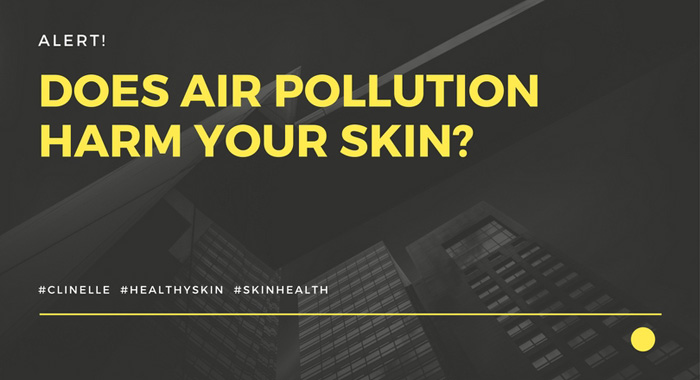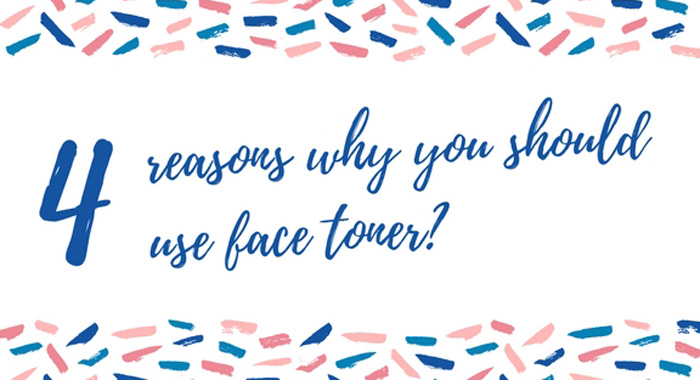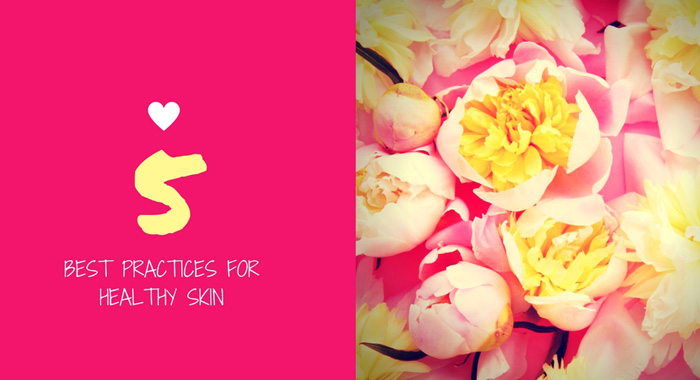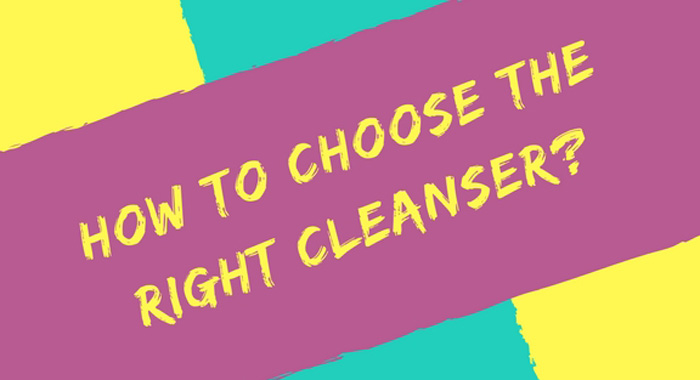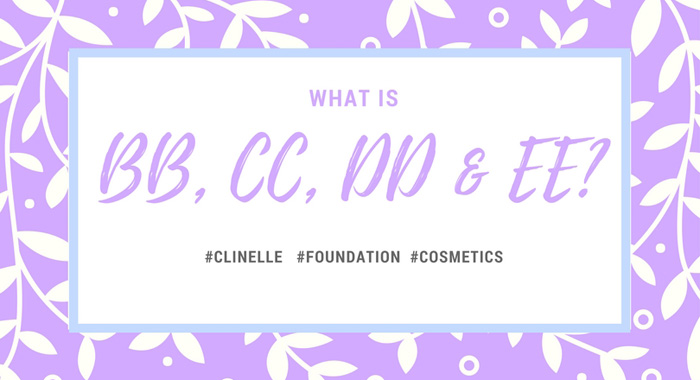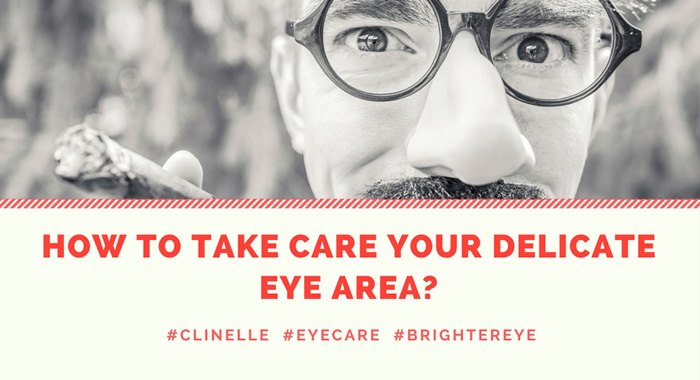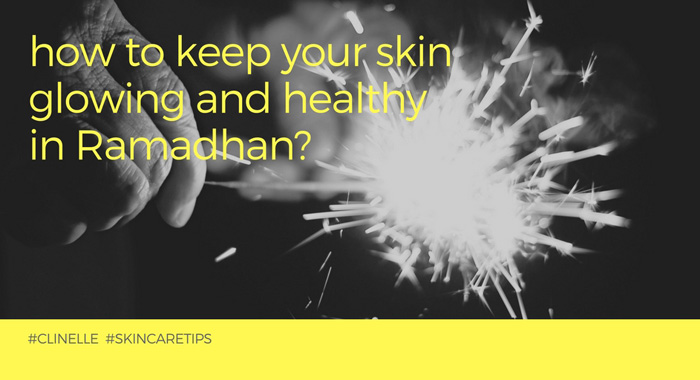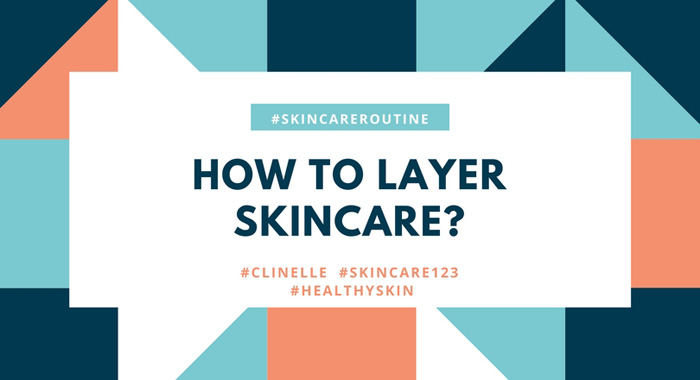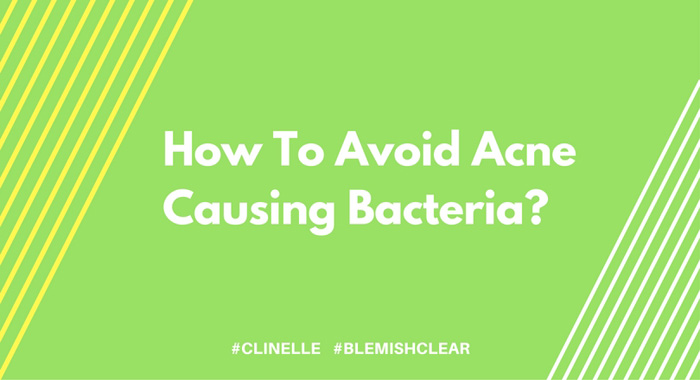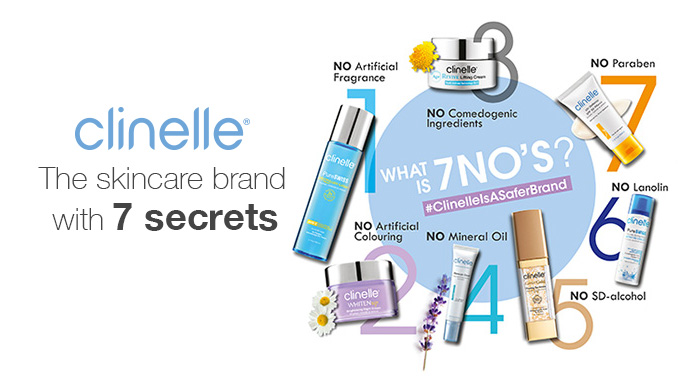The Facts About Alcohol
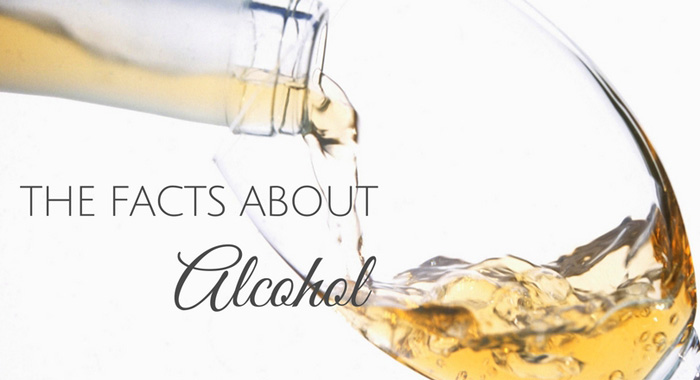
“Alcohol”, this word shows up again and again in skincare products, from cleansers to toners to moisturizers. While manufacturers include alcohol as one of the beauty ingredients in their products, some say alcohol is bad for your skin. Is alcohol really bad for your skin? Let's find out!
Not all alcohols are the same
Alcohol is a general term. It is inaccurate to call alcohol is either good or bad for skin. There are different kinds of alcohol with different properties. To make it simple, we divide alcohol into “good alcohol” and “bad alcohol”.
The "GOOD" one:
The good alcohol is called fatty alcohol. Fatty alcohol is derived from natural fats and oils, in contrast to drying, fatty alcohol actually helps moisturizing. They are commonly used as a thickener or emulsifier in skin care products. Stearyl, Cetyl, Cetearyl, or behenyl alcohols are the examples of fatty alcohol, they are fine when applied to the skin, including sensitive skin.
The "BAD" one:
Just think of how thirsty, you are when you hung over. Alcohol that you can find in beer, cocktail, and other alcoholic drinks is called simple alcohol, which can dehydrate your body. This type of alcohol is incredibly dry, they are mostly listed as ethanol, isopropyl alcohol, benzyl alcohol, SD alcohol and denatured alcohol. Now, imagine that what happened if you apply such alcohol on your skin.
Why should you avoid "BAD" alcohols?
Over-Drying:
Try to clean a plate with alcohol and water, it will become extremely dry! The same principle applies to the skin. Alcohol dries out your skin, strips away your skin's natural oil, potentially encourage the presence of wrinkles and fine lines.
Damage Skin Barrier:
Alcohol disrupts skin's barrier that keeps moisture in the skin and protects you from environmental harmful pollutants. It caused the skin to lose moisture and leave your skin vulnerable to bacteria, viruses, and irritants.
Pro-Aging:
Alcohol inhibits the absorption of vitamin A which would accelerate the aging process.
Kill Skin Cells:
Alcohol induces death of skin cells and hurts the skin's ability to regenerate and maintain elasticity. As a result, it exacerbates sagging and wrinkles. It also destroyed the cell's substances that defend against free radicals and diminish inflammation.
Worsen Acne:
Alcohol is widely used in anti-acne skin formulations because of its oil-clearing and germ-killing ability. However, what you see is just a temporary benefit. In the long term, it can actually aggravate the condition. It causes irritation and provokes skin to produce more oil as skin is overly dry.
Usage of "BAD" alcohols:
You are probably wondering, since simple alcohols like SD alcohol is harmful to skin, why they are still included in skin care products' ingredients? The reason is because alcohol is cheap and can perform multiple tasks as listed below:
Absorption:
Alcohol can help other ingredients to penetrate into the skin at a faster rate.
Drying:
No doubt, alcohol-based products can degreasing oily skin immediately. However, in the long term, alcohol will encourage oil production in the pores, leads to even more oily, breakouts, enlarge pores, and worsen inflammation.
Mix:
Alcohol can dissolve ingredients which are insoluble in water, allow all ingredients to blend and mix together.
Shrink:
Alcohol can act as an astringent to shrink pore size and tighten skin. Therefore, manufacturers like to include alcohol in cleansers and toners.
Preservative:
Alcohol has the ability to prohibit the growth of microorganisms.
Clinelle's advice: Avoid any skincare products with bad alcohols such as SD-alcohol. The effects of alcohol are clear, it damages your skin's natural barrier, stimulates inflammation and free radicals damages, as well as worsen oily skin and redness. In Clinelle, we promise the safe skin care product for you. All of the Clinelle's products do not contain any amount of SD-alcohol. Click here for more information about Clinelle's 6 Nos.



